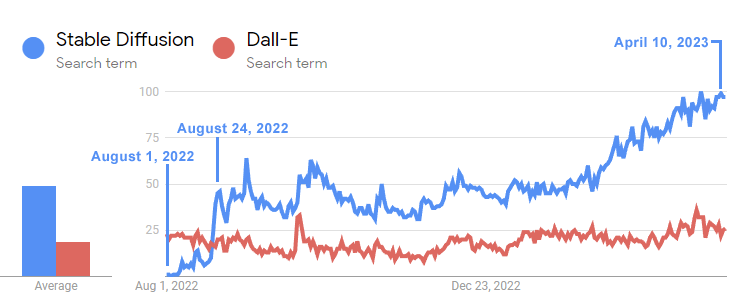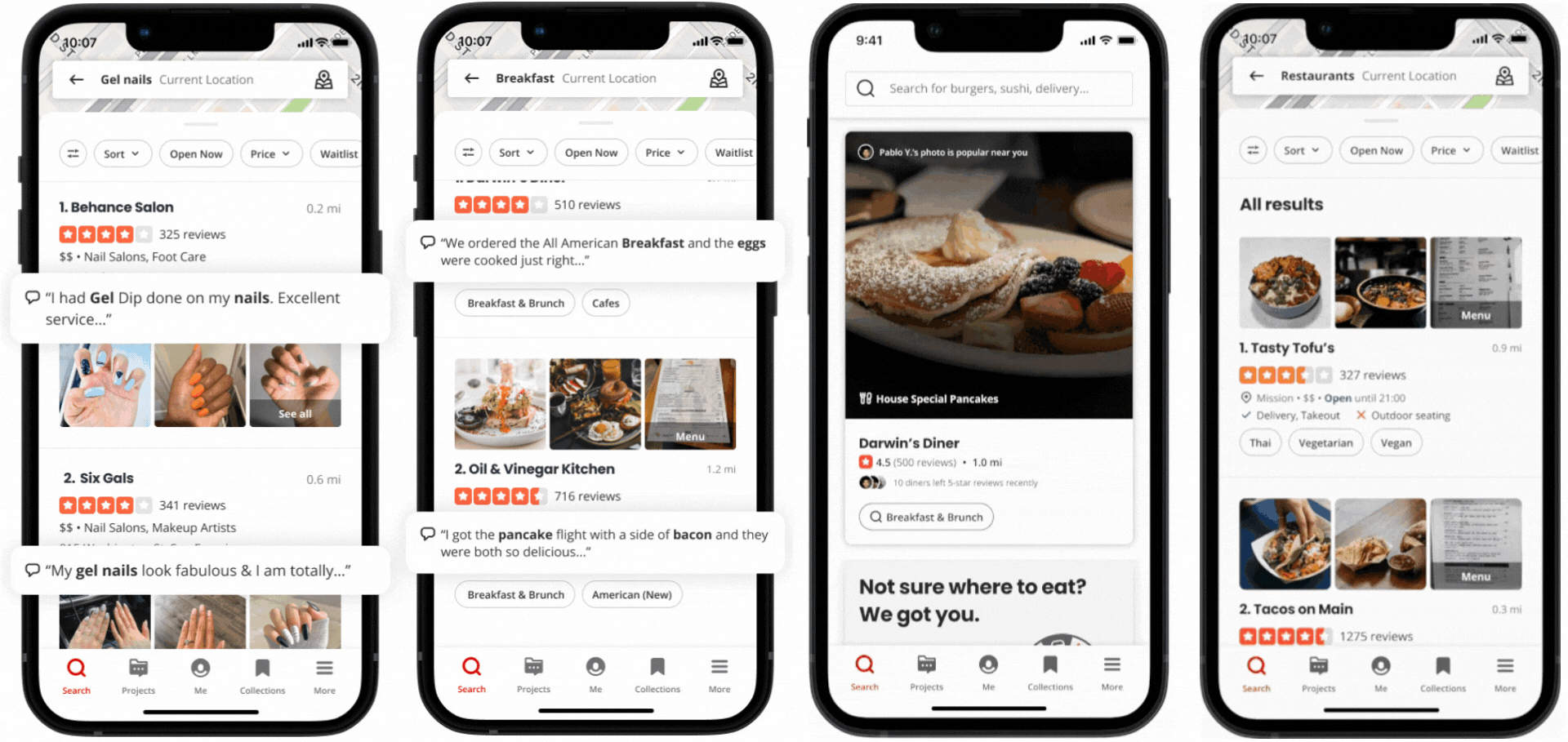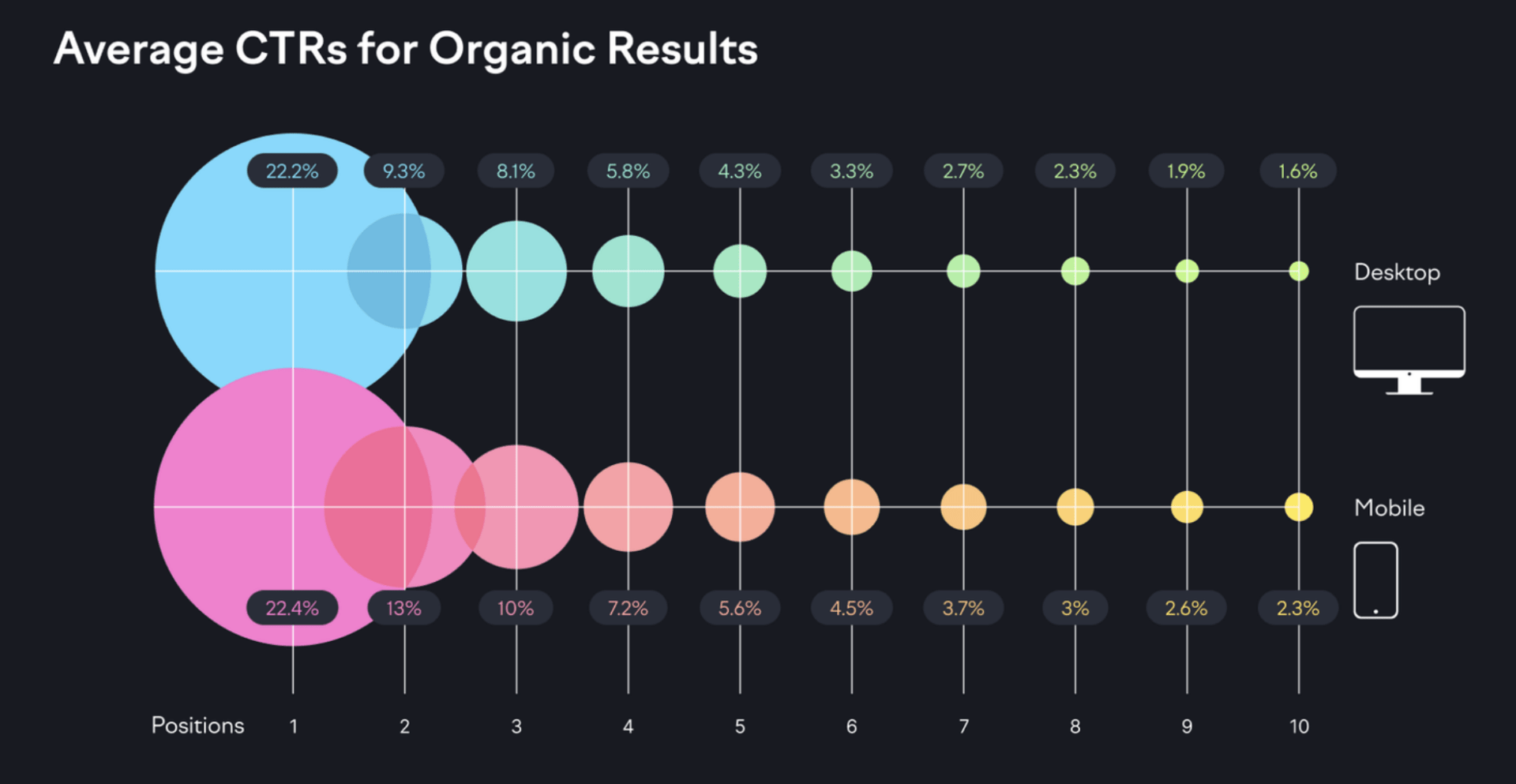Local Memo: Will Open Source AI Surpass Google and OpenAI?
In this week’s update, learn about the possibility that open source AI will surpass Google and OpenAI; Google’s plans to make search more “visual, snackable, personal, and human”; Google rolling out Bard to Workspace and Pixel; Bing’s new chat features; Yelp and Nextdoor’s new AI functionality; and the Semrush State of Search report.
Will Open Source AI Surpass Google and OpenAI?
A leaked Google memo lists point by point the reasons why Google is losing in the AI arms race – not to OpenAI and ChatGPT, but to open source initiatives that may threaten the current technical dominance of both companies. The memo’s author states that Google’s slight lead over open source is quickly diminishing, with open source models becoming “faster, more customizable, more private, and pound-for-pound more capable.” The memo recounts that in March, the open source community was able to utilize leaked code from Meta’s large language model LLaMA in order to clone both Bard and ChatGPT.
Utilizing thousands of volunteers, the open source community was able to train their LLaMA replica by creating a question and answer dataset that is purportedly more accurate than Reddit, a major source for Bard and OpenAI. The memo’s author notes that OpenAI’s proprietary image generation model, DALL-E, was quickly surpassed in popularity once the open source community released the DALL-E clone known as Stable Diffusion.
Open source development has become faster, cheaper, and more scalable than closed source initiatives, making use of worldwide collaboration and building on prior achievements that required more effort and larger datasets. The memo concludes that the only reasonable way for Google to respond to these conditions is to open source its own AI projects, as it previously did with Chrome and Android, and try to maintain dominance and control over them within the open source community.
Relative popularity of DALL-E and Stable Diffusion, courtesy Search Engine Journal
Google to Make Search More “Visual, Snackable, Personal, and Human”
The Wall Street Journal has acquired internal documents from Google that detail some of the company’s plans for integrating AI into search. The documents state that Google plans to make search more “visual, snackable, personal, and human.”
The company plans to add more short videos to search results, in response to the popularity of video amongst younger users. Google will also add more forum content to search results, expanding on the launch of the “Discussions and Forums” results launched last year.
As far as AI, the 9 to 5 Google writeup of the leak speculates that Google is fairly likely to announce the integration of AI chat into search at its I/O event this Wednesday, with a broader search overhaul coming in September, possibly in sync with the annual Search On conference. Google’s approach to integrating AI into search will reportedly make use of source attribution more heavily than in the current Bard interface, with the leaked documents stating that Google will offer “attribution and literacy tools to enable confidence in making use of the content.”
Google Makes Bard Available to Workspace Accounts and Pixel Phones
Google has announced that its Bard chatbot tool will now be available to Google Workspace users, not just users with personal Google accounts as was the case previously. Workspace admins must enable Bard in order for users to access it. The waitlist for Bard still applies for Workspace accounts, as it does for personal users.
The company is also reportedly working to bring Bard to the Pixel phone in the form of a homescreen widget. It’s unclear whether Bard will be integrated with the Google Search app or offered as a standalone app. Google is expected to announce the new generation of Pixel phones as well as the first Pixel tablet at this week’s I/O event, so be on the lookout for announcements of Bard functionality.
Bing Chat Drops Waitlist and Updates Features
Bing will now offer its AI chatbot to all users who download the Edge browser, with no waitlist. Bing has also updated Bing Chat to make its responses more visually appealing, with more video and photo content as well as charts and graphs where relevant. Image generation functionality has been rolled out to 100 languages. Bing Chat will now accept images as inputs, adding to its multimodal capabilities. A chat history feature will allow users to return to previous conversations. Users can also share chats on social media, and developers will soon be able add support to third-party tools such as OpenTable.
Yelp, Nextdoor Add AI to Platforms’
Yelp is adding three new feature sets to its platform, designed to help businesses engage with potential customers. The first is Yelp Guaranteed, which offers a money-back guarantee to users who hire qualifying service providers via Yelp’s Request a Quote feature. Next, Yelp is using AI to create customized review highlights based on a user’s search intent; to offer search suggestions, including a “Surprise Me” feature for dining suggestions; and to create clickable category tags for food and nightlife. The third set of features is designed to enhance reviews and includes the option for users to add a video snippet of up to 12 seconds in length to any review; a set of topic prompts to assist users in composing reviews; and a new set of review reactions including “Helpful,” “Thanks,” “Love this,” and “Oh no,” augmenting the existing options “Useful,” “Funny,” and “Cool.”
Nextdoor has also announced AI integration into its platform, with a new ChatGPT-powered feature called Assistant that helps neighborhood users compose posts and also works to encourage a positive atmosphere by emphasizing kindness. Nextdoor says it is also utilizing AI to help target relevant content to users, including local news and events.
AI-enhanced search experience, courtesy Yelp
Semrush Unveils State of Search Report
Semrush has released its 2023 State of Search report, the latest in its annual series of reports. The company analyzed 100,000 U.S. domains receiving in aggregate about 140 billion visitors per month, finding gains in traffic in 2022 for domains in electronics, beauty, media, and food; modest losses for domains in retail, online education, and travel; and more significant losses for domains in service, technology, and fashion.
Search volatility was lower in 2022 than in 2021, despite the fact that Google released 10 confirmed updates during the course of the year. Updates per year have trended upward since 2017.
Informational keywords were the most common search type in 2022 at 56.5% of all searches, though this number diminished from 60% in 2021. Navigational searches were also down, while transactional and commercial searches increased in 2022.
Average CTRs for Organic Results from Semrush 2023 State of Search Infographic
Damian Rollison
Subscribe to Local Memo!
Signup to receive Local memo updates and the latest on localized marketing, delivered weekly to your inbox.


